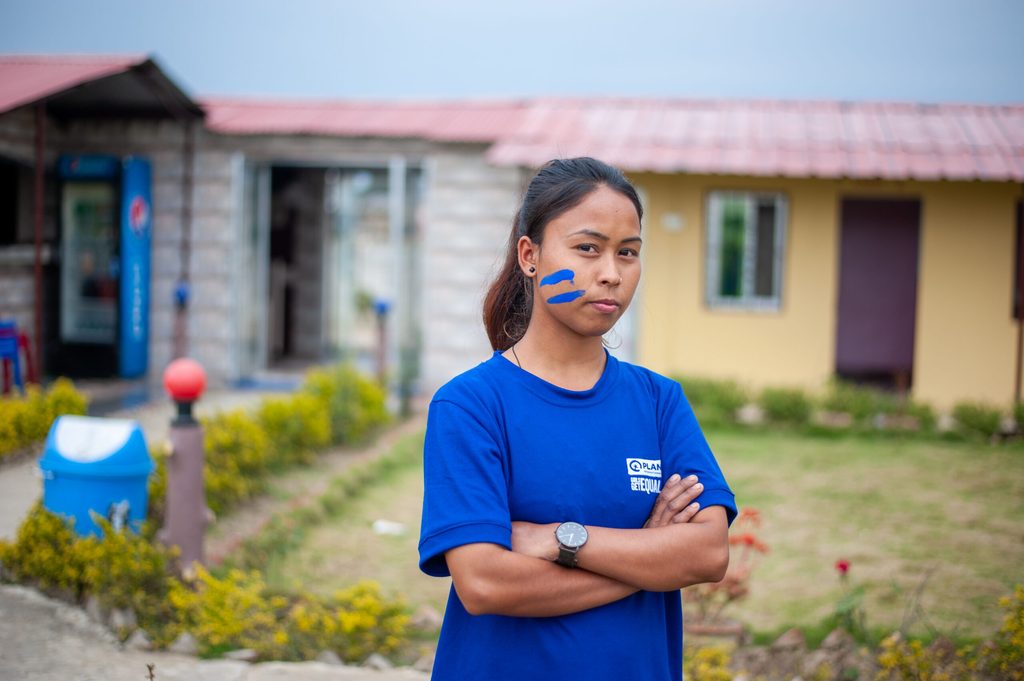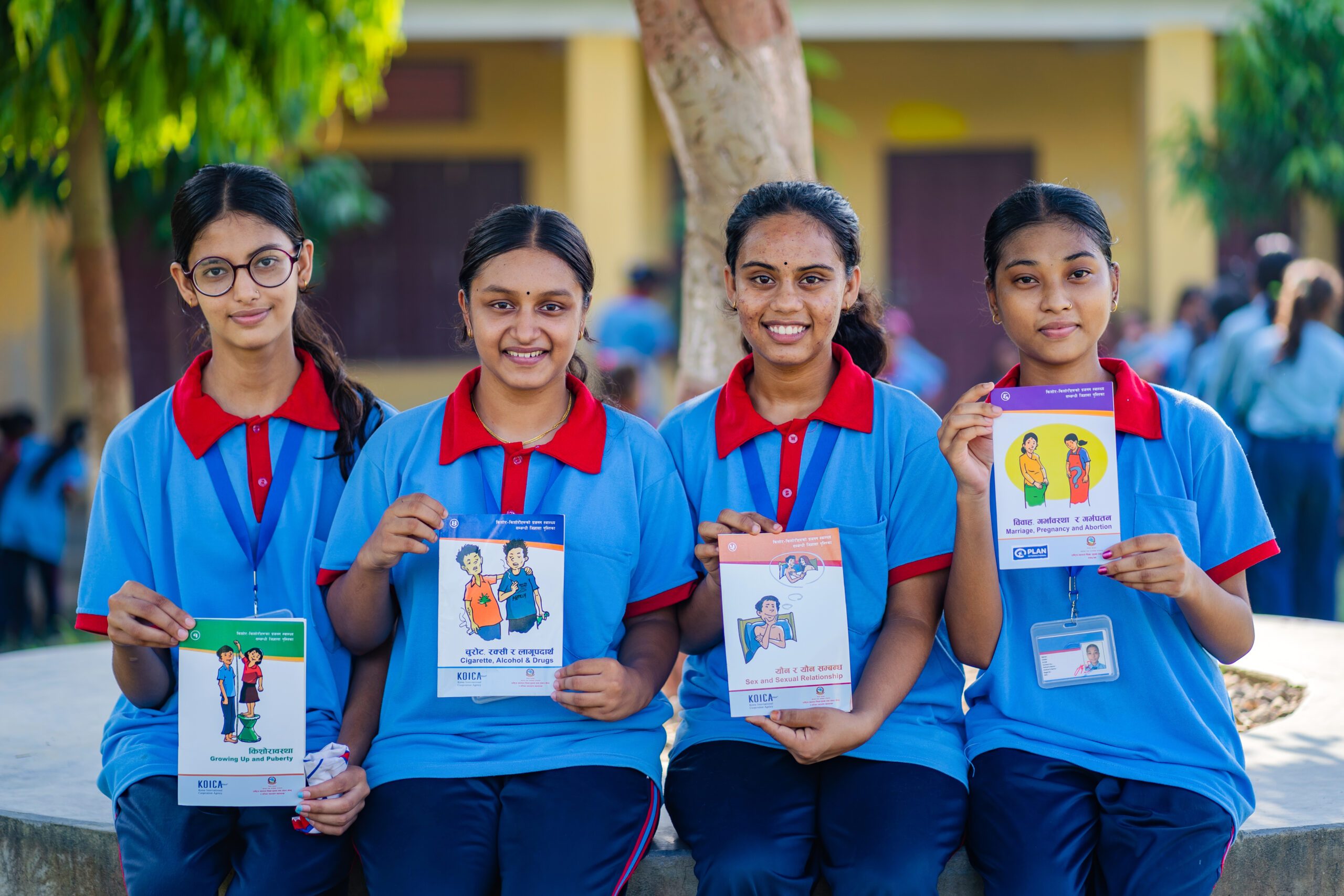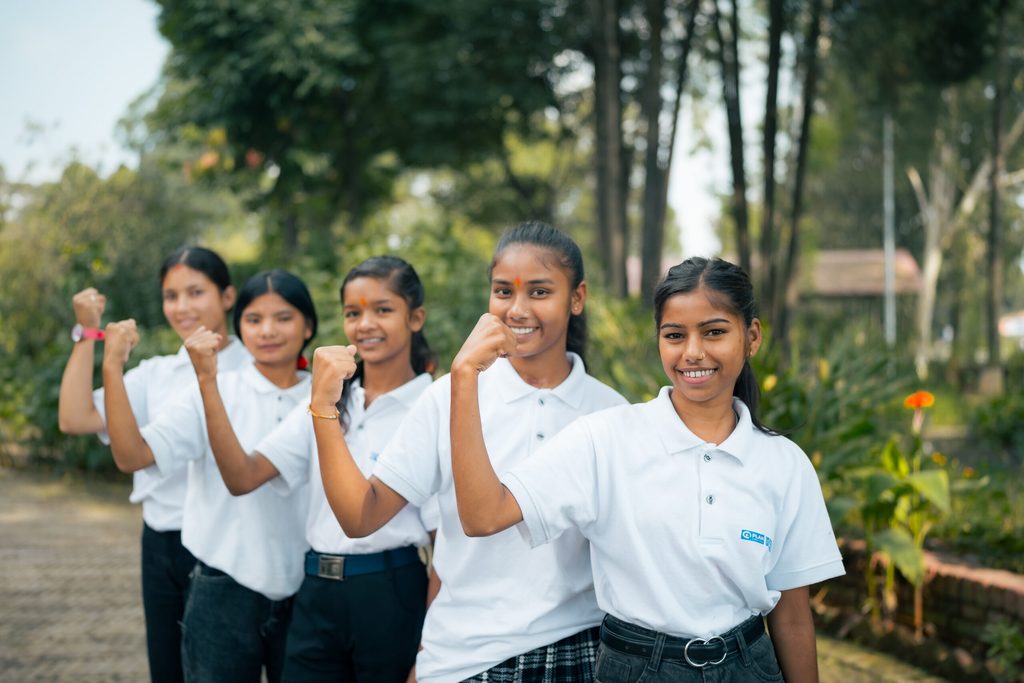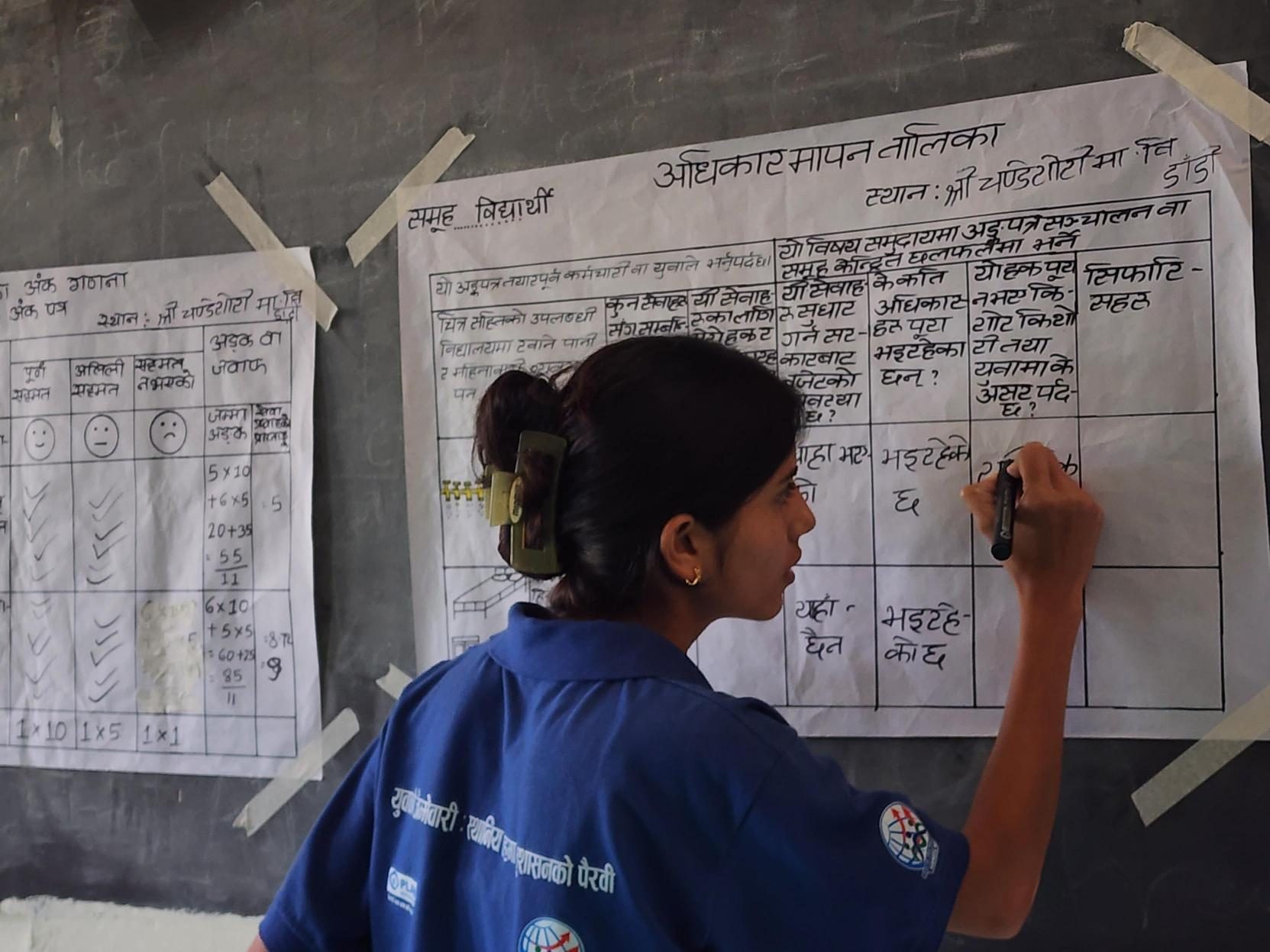Meet our Youth Advisory Council
Meet our Youth Advisory Council members who are influencing positive change.
Children and youth, particularly girls and young women, continue to remain at the margins of the political, social and economic spheres in Nepal.
Unequal distribution of power rooted in the patriarchy continue to limit options for girls and women. Gender-based discrimination and social norms against girls and women result in a lack of education, gender-based violence, meagre economic opportunities and limitations for participation in household, community and political decision-making. In short, girls and women are prevented from reaching their full potential.
One of the manifestations of gender-based discrimination is child marriage. Nepal has the third highest rate of child marriage in South Asia with 37% of women getting married before 18. When a young girl gets married she loses her education, she is likely to experience higher rates of domestic violence, high chances of feeling a sense of isolation and depression and she is likely to suffer health issues due to early pregnancy and the increased burden of looking after the household.


Breaking taboos and empowering Nepali adolescents through open conversations and comprehensive education, the Plan International Nepal-led project in Bardiya is fostering positive change in sexual and reproductive health.
We are thrilled to introduce seven inspiring young leaders from diverse backgrounds who have joined our Youth Advisory Council (YAC). With a shared vision of creating a more equitable future, these passionate individuals bring their voices, ideas, and determination to champion gender equality.


The Youth Citizen Score Card helps young people, especially girls, check if local services like schools and health posts are working well. They talk to leaders, share problems, and work together to improve things like toilets, water, and medicines—making sure everyone in the community gets the support they need.

This is a youth-led podcast created by the Youth Advisory Council, sharing real stories and bold conversations with young people and experts who are leading change across the country.
Plan International Nepal has been engaging with local governments, children, and young people to develop policies and guidelines to end gender-based violence and child marriage.
With support from the local government, we’ve set up youth clubs and networks. Local governments have also started to invite young women, children, and youth to participate in local planning processes, and some are allocating funds to support young people’s priorities.
A partnership with the National Youth Council has been developed to analyse the gaps in meaningful youth participation in planning and programming processes at a local level. The partnership will develop national guidelines to promote the participation of young women in local planning and budgeting.
Plan International Nepal is supporting young people to develop through life skills-based initiatives like Champion of Change, where they are encouraged to understand and combat issues affecting their lives.
Key issues we are addressing the root causes of include child marriage, harmful social norms, and girls’ lack of sexual and reproductive health and rights.
We work alongside teachers and health service providers so they are able to give young people better information and services around their sexual and reproductive health. We also share key information with families, community leaders, and religious leaders on young people’s sexual health so they can get the support they need and can talk openly about any issues they face.
Champions of Change promotes gender equality and positive social norms through youth engagement. Ending child marriage is an overarching objective of the programme.
We empower boys and girls to work together towards gender equality by challenging traditional gender norms. Boys and men are encouraged to examine and challenge sexist behaviors and become champions for girls’ rights. At the same time, girls are provided safe spaces, protection through peer networks, access to mentors and leadership opportunities.
Champions of Change provides life skills training and information to encourage young people to take action on key issues affecting their lives. Families are engaged in management committees which encourage them to support the goals of young people.